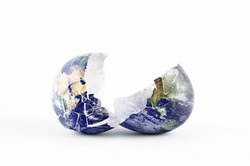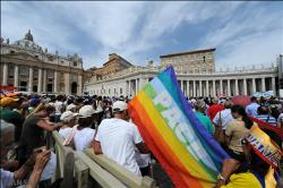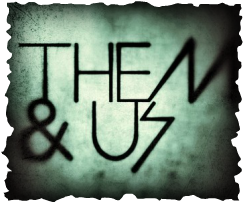
But this violence is even closer than that. It resides in the human heart and if it resides in one human heart it can reside in all human hearts. It is easy for me to see myself on the side of peace, on the side of the victim; to see the victims as my suffering brothers and sisters. But the perpetrators are also my brothers and sisters and they too are suffering. They too have a story to tell and somehow must feel that for their own safety and happiness those they see as different and as the enemy must be eliminated. It would seem that they cannot live in a world of difference, that they cannot respect diversity, that they are unable to dialogue and learn from others, to cooperate with others for the common good of the society in which they live.
I think many of us will recognise these attitudes in ourselves and in our own communities. Every time we close ourselves off from others we are contributing to suspicion and to violence in our world. Every time we move out from our closed community to stretch out the hand of friendship to others we are contributing to peace not just in our immediate situation but in the world at large. Each act of friendship is a small step in renewing our fractured world. Within Judaism this is called tikkun olam - step by step, moment by moment trying to repair the rifts, the fractures, the divisions of this world which cries out for peace.
But there is another story to tell. Yes we live in a world which is divided but we also live in a world where people are working for peace, living in harmony and encouraging cooperation between different tribes, nations and religions. The work of interreligious dialogue often goes unnoticed but it does tell another story and show another way. Organisations like The Interfaith Network of the UK and Interfaith Scotland promote dialogue and mutual understanding through respecting difference as do numerous local interfaith groups and interfaith initiatives here at home and abroad. Interreligious dialogue is a protest movement against the violence in the world today, it subverts the notion that the other is the enemy and shows the world that friendship between faiths is possible.





 RSS Feed
RSS Feed
